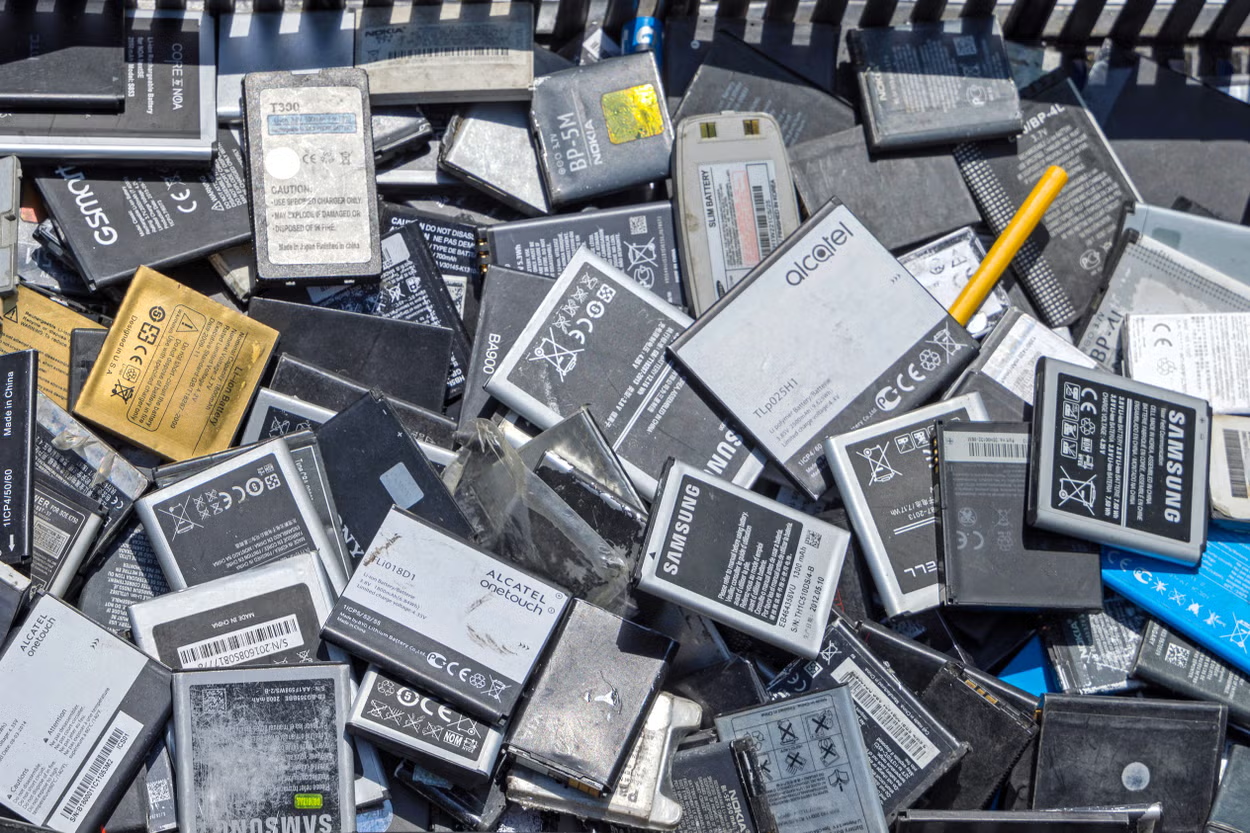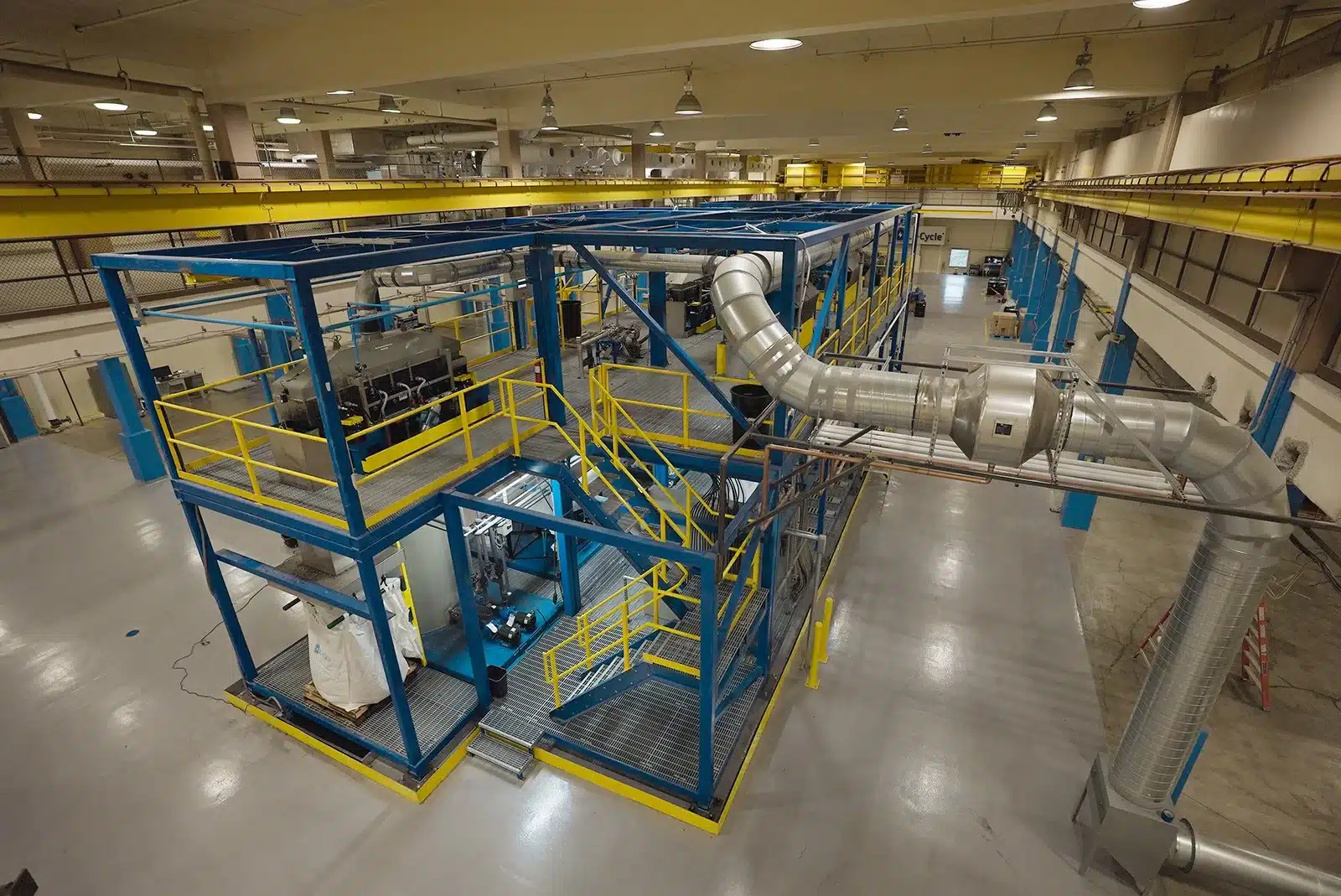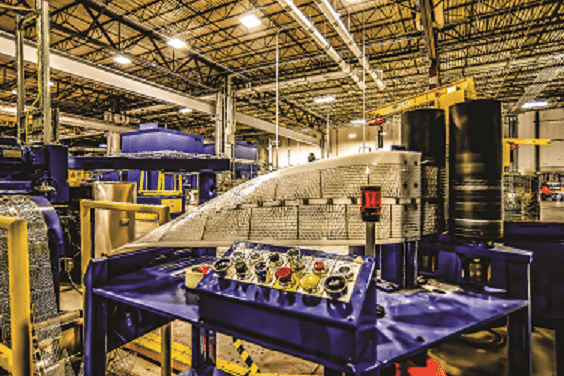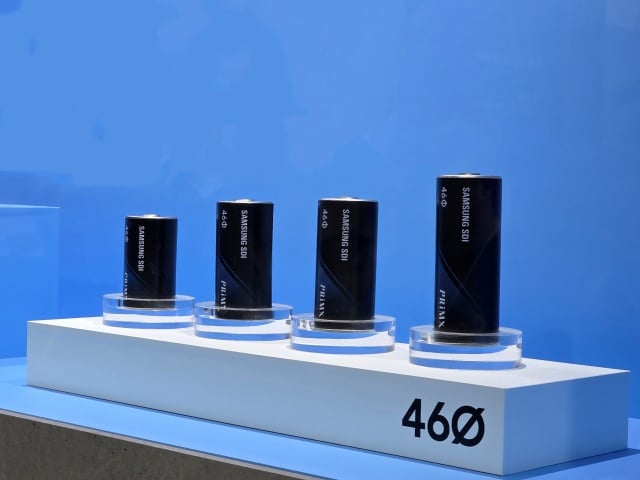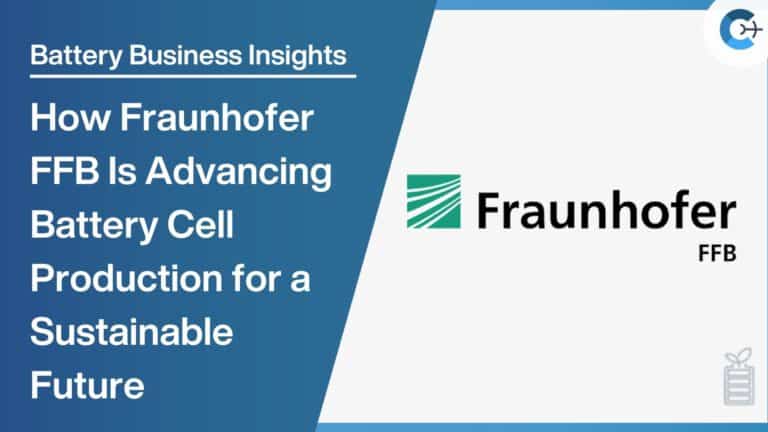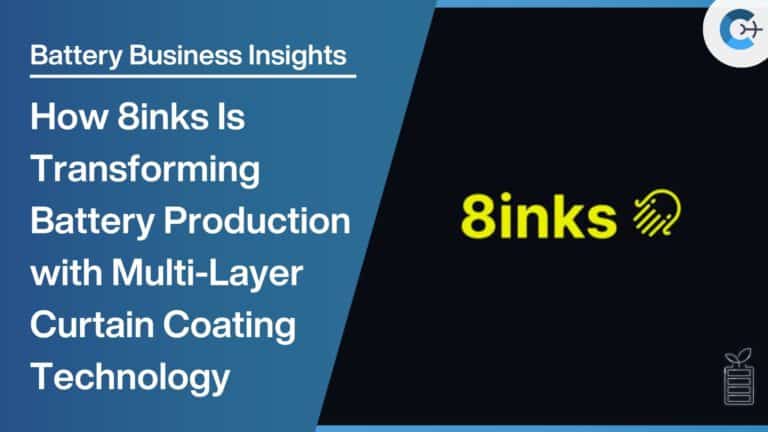A team of Chinese scientists has pioneered a recycling technique that efficiently recovers nearly all materials from spent lithium-ion batteries. This innovative and environmentally friendly method aims to mitigate the growing issue of electronic waste from outdated smartphones and electric vehicles.
The newly developed process utilizes microscopic micro batteries to disassemble lithium, nickel, cobalt, and manganese from used batteries. Following this, the metals are extracted using glycine, an amino acid that eliminates the need for harsh chemicals and reduces the formation of toxic byproducts. This approach not only enhances the recycling efficiency but also minimizes the environmental impact typically associated with battery recycling.
The recycling system achieves impressive recovery rates, extracting 99.99% of lithium, 96.8% of nickel, 92.35% of cobalt, and 90.59% of manganese within just fifteen minutes. This significant advancement is the result of a collaborative effort between Central South University in Changsha, Guizhou Normal University, and the National Engineering Research Center of Advanced Energy Storage Materials.
The accumulation of battery waste has become a pressing concern due to the increasing demand for consumer electronics and the rapid expansion of the electric vehicle market. A recent study from Stanford University, published in Nature Communications, highlighted that recycling lithium-ion batteries is considerably more environmentally sustainable than mining new materials. However, current recycling methods still pose environmental challenges due to the chemicals and emissions they generate.
The new method, detailed in the journal Angewandte Chemie International Edition, offers a promising solution to these environmental issues. The researchers stated, “This green and efficient strategy in a neutral solution environment opens a new pathway to realize the large-scale pollution-free recycling of spent batteries.”
This breakthrough presents a viable path toward large-scale, pollution-free recycling of lithium-ion batteries, addressing both the environmental impact of battery waste and the demand for sustainable recycling practices in the growing electric vehicle industry.
Source: The Independent

